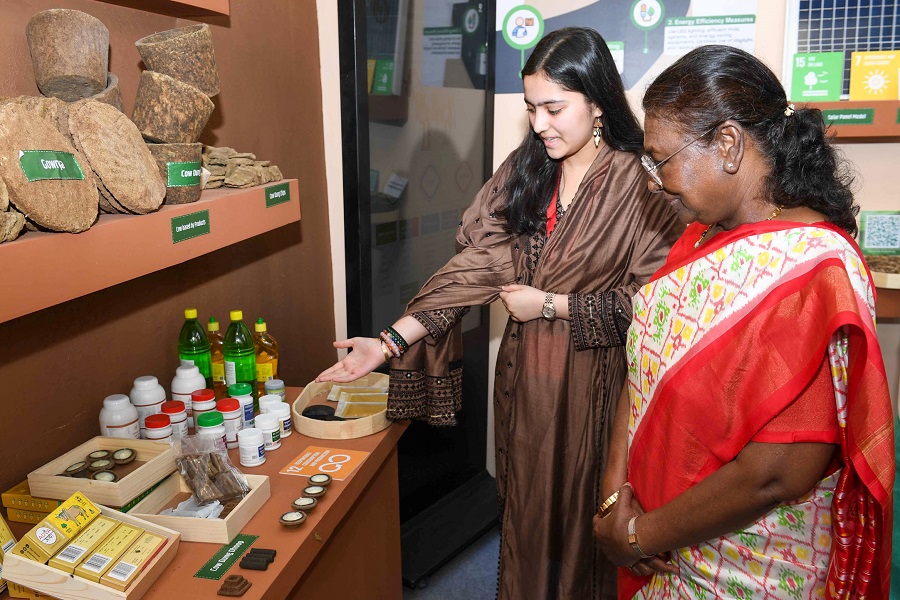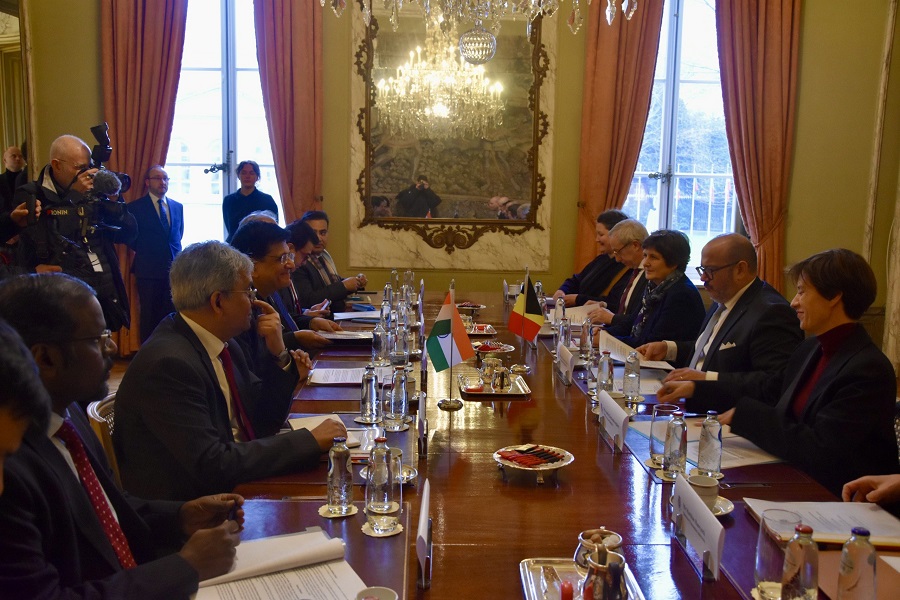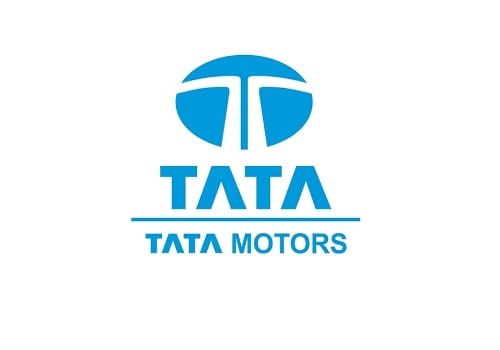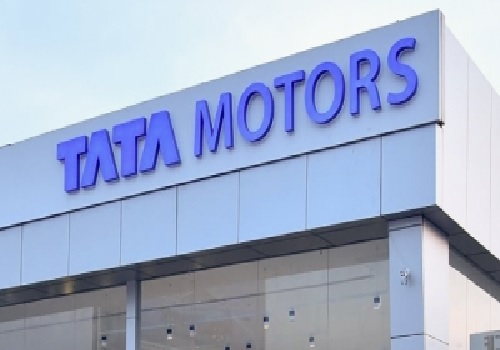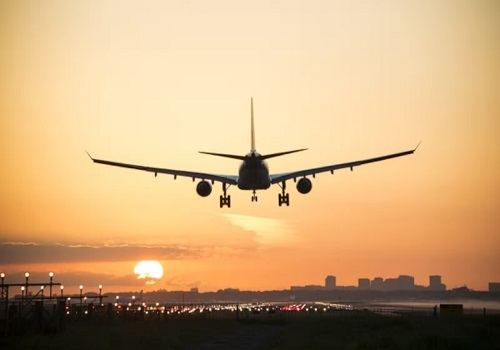Tata plans Jaguar Land Rover EV imports to India under new policy, sources say
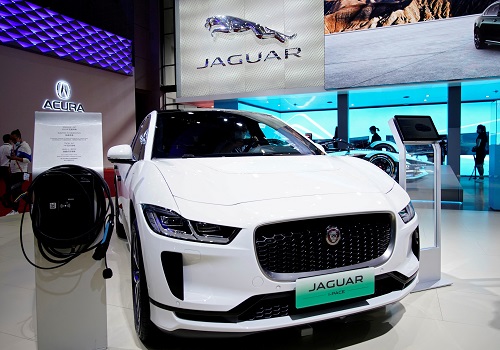
India's Tata Motors plans to import its Jaguar Land Rover (JLR) luxury electric cars under a new government policy that lowers import taxes for companies agreeing to set up local manufacturing, two Indian government sources said.
Tesla is also expected to start importing its cars to India and make an investment in the country, Reuters has reported, but Tata's plan if realised would make it the first local carmaker to opt for the policy designed to increase use of electric vehicles (EVs).
A Tata spokesperson declined to comment on what it said was speculation.
The policy announced in March cuts import taxes to 15% from as high as 100% on some EV models if a carmaker invests at least $500 million and sets up a domestic factory within three years.
Tata had originally pressed the Indian government not to lower duties to protect the domestic industry.
Now, Tata and JLR are discussing the possibility of applying for incentives under the EV policy, said a third source aware of the company's plans, adding that deliberations are at an early stage.
"Tata wants to import JLR (EVs) under this new policy," said one of the two government sources, who declined to be named as the company plans are confidential.
While Tata is firming up plans to import JLR EVs from the United Kingdom, it is also planning to manufacture JLR cars at a planned $1 billion plant in the southern state of Tamil Nadu.
It remains unclear which JLR cars Tata will make there.
The Indian government met with car industry representatives on Thursday to begin finalising a framework for the policy, the official said.
The meeting was attended by Hyundai Motor Co, Vinfast, Volkswagen, BMW, Mercedes, Maruti Suzuki, Mahindra and Mahindra, Toyota Motor Co and others. A Tesla representative was also present.
The official said at least another couple of meetings would follow.
Tata dominates India's small but growing EV market. Electric models made up about 2% of total car sales in 2023, with the government targeting 30% by 2030, even as demand in key markets such as the United States and China is slowing.






